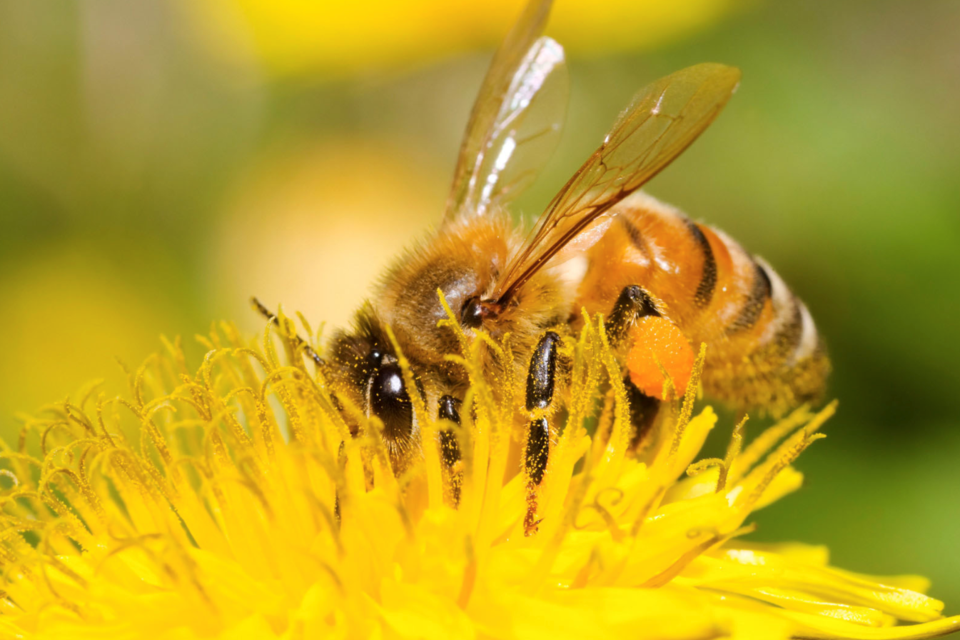As a food policy nerd, I’m delighted to see the issue of genetically engineered foods, or GMOs, making its way onto the platforms of both the Vancouver Greens and COPE. I’m also wary that political parties don’t over-promise on an issue that the city can actually do little about. While the city has a role to play, we would have to go beyond the limited powers of a municipal government to halt GMOs.
Full disclosure, for the last eight years I’ve been a member of the Vancouver Food Policy Council, a citizen-led committee that advises city council on creating a more just and sustainable food system. For the last three governments, we’ve had the respectful ear of city council (first under the NPA, then Vision Vancouver) on a variety of food issues, including GMOs.
Aside from any formal opinion the food policy council may have as a group, I personally think GMOs are a bad idea. I think GMOs should be banned, or at least labelled, and probably shelved as a technology that generates revenue for patent owners, but otherwise claims to solve problems we don’t actually have. Do we need an apple that doesn’t brown when cut and exposed to air for two weeks? This sort of genetic engineering is being developed in the Okanagan right now.
Browning apples are not high on my list of priority issues as a food systems advocate. On a grander scale, proponents promise GMOs will feed the hungry. In reality, nearly all commercially available GMO crops are bred to tolerate increased pesticide exposure, not to address the social inequities at the root of hunger.
The people of Vancouver should be concerned about GMOs. The pesticides that are paired with GMO crops are killing off our bee population and that’s a problem for Vancouver’s gardens and farmers who depend on bees for pollination. Mark Winston, a fellow at SFU Centre for Dialogue and author of a new book Bee Time: Lessons from the Hive, states that the average bee colony contains residue from over 120 pesticides, which compromise the bees’ immune system and make them vulnerable to disease.
A ban on GMOs would be great, and city council should do what it can to protect our food supply, but the city actually can’t prohibit the sale of GMOs.
The Vancouver Charter, a provincial statute, defines the city’s jurisdiction. As a city, Vancouver can ban the use of something, but not the sale. That’s why Vancouver only has a ban on cosmetic pesticide use, even though we wanted to ban their sale. A ban on the use of pesticides works because many businesses voluntarily pulled pesticides from their shelves. Less access resulted in less use across the city.
Similarly, the Green Party platform proposes a ban on the use of GMOs. I can’t imagine food businesses voluntarily complying with such a ban. It’s just too complex. Businesses that could, distributors and manufacturers, would likely move outside the city limits, escaping the policy and taking jobs with them. Those who can’t move, retailers and restaurateurs, would either plant their heads in the sand, or get litigious.
COPE’s platform proposes adding a non-GMO requirement to the city’s ethical purchasing policy — something the city could actually do. The impact of such a policy is only limited by the will of the purchasing department, and the relatively small purchasing power of the city’s food outlets. Compared to the private sector dollars COPE’s policy wouldn’t touch, this change to the city’s policy would amount to a squeak, not a food system rocking roar.
I’m not knocking small steps in the right direction, but I do want to make sure the public doesn’t get fooled into thinking the city has handled GMOs.
The city has a role to play in halting GMOs. Council can advocate to senior levels of government which actually hold the reins on issues like permitting the sale of GMOs.
Recent advocacy against pipelines and in support of reconciliation with aboriginal peoples are both good examples of the power of municipal advocacy. Both issues received national attention and inspired rallies and discussion.
It is also within the jurisdiction of the city to support public education. The current Vision city council is mulling a proclamation drafted by a food policy council working group to proclaim a non-GMO awareness week in October. The proclamation would give a leg up to community groups looking to stimulate discussion and understanding of this complex issue.
trishkellyc@gmail.com
twitter.com/trishkellyc



